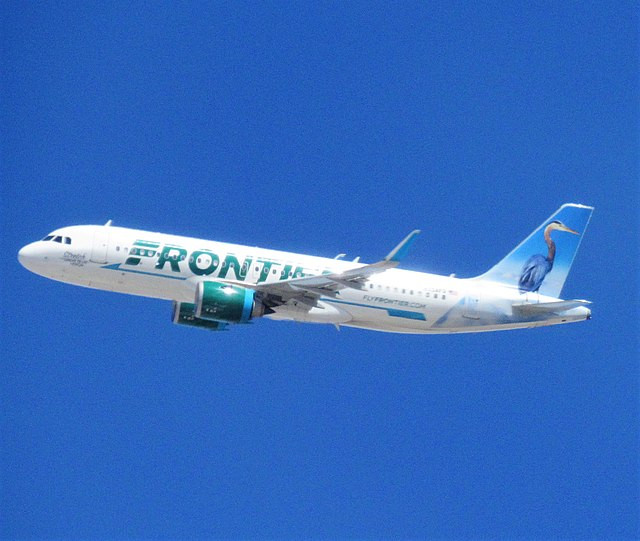Frontier Airlines has made a renewed bid to merge with its embattled competitor, Spirit Airlines, in an attempt to consolidate two struggling low-cost carriers. The move comes less than two years after an earlier attempt at a merger was derailed by JetBlue Airways, whose own bid for Spirit was later blocked by a federal judge.
Spirit, which filed for Chapter 11 bankruptcy protection in November, swiftly rejected the latest offer. In a regulatory filing Wednesday, the airline stated that Frontier's proposal was "far short" of what shareholders would expect and provided less financial value than the previous offer.
Frontier, however, is continuing its push for the deal. "We continue to believe that under the current standalone plan, Spirit will emerge highly levered, losing money at the operating level, and this would not be a transaction we would pursue," wrote Frontier Chairman Bill Franke and CEO Barry Biffle in an email to Spirit Chairman Mac Gardner and CEO Ted Christie on Tuesday. "As a result, time is of the essence."
The two airlines had originally announced plans to merge in 2022, but JetBlue swooped in with a higher offer, leading to the deal's collapse. However, in 2023, a federal judge blocked JetBlue's bid to acquire Spirit, citing antitrust concerns.
Spirit has since faced significant financial strain, exacerbated by a costly Pratt & Whitney engine recall that forced dozens of its aircraft out of service. The airline has been cutting costs aggressively, including eliminating 200 jobs and selling off some Airbus planes. It aims to emerge from bankruptcy within the first quarter of 2025.
Frontier contends that its offer is the best path forward for Spirit. "The transaction would provide meaningful value to Spirit financial stakeholders and create a stronger low-cost carrier," the airline said in a statement Wednesday. The deal would be financed through newly issued Frontier debt and common stock.
Spirit, however, remains unconvinced. In its rejection letter, Spirit's leadership characterized the offer as "inadequate and unactionable." The airline has not provided further public comments beyond the filing.
The proposed merger would create the nation's fifth-largest airline and significantly reshape the low-cost carrier segment. Both airlines share similar business models, offering ultra-low base fares while charging extra for add-ons such as seat selection, carry-on luggage, and priority boarding.




